Benefits of Using Drones for Building Inspections
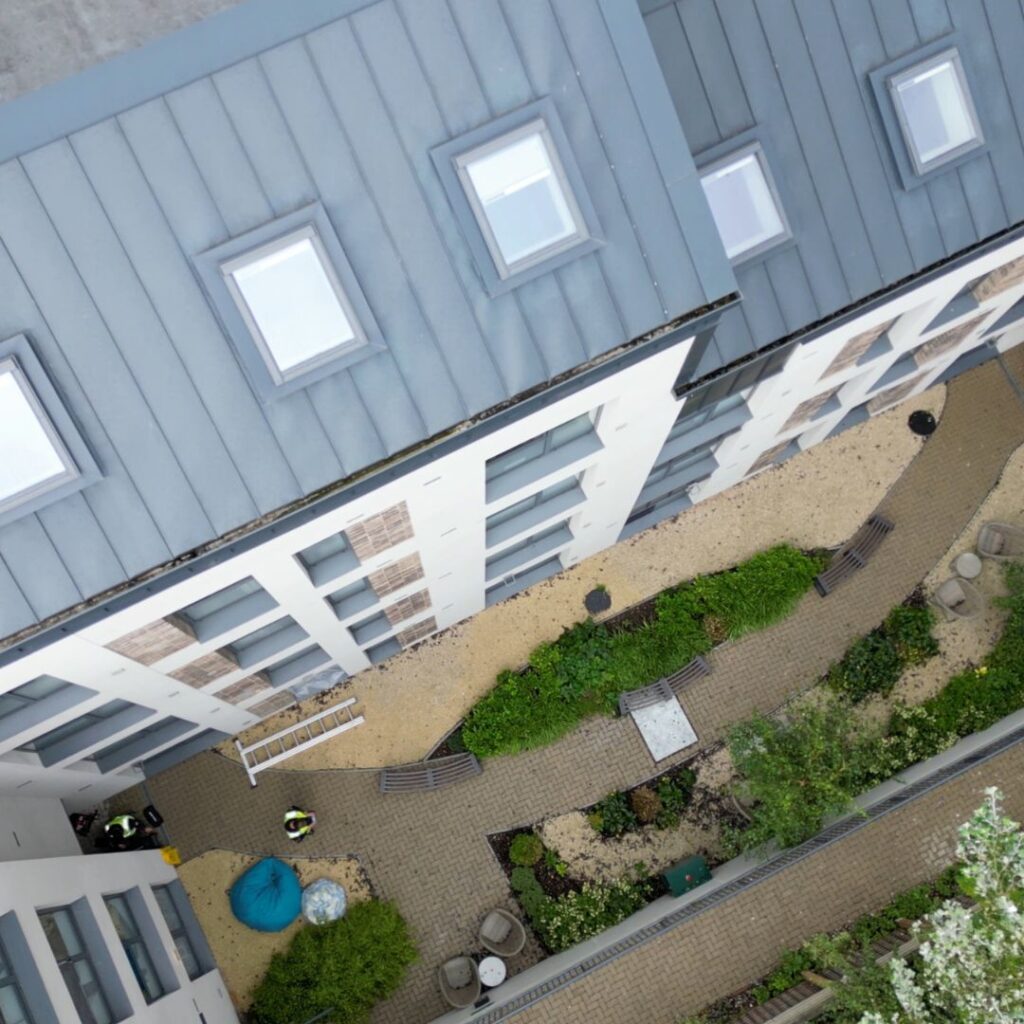
Drones have revolutionised various sectors and have now become an integral part of certain industries. Especially for our building inspections and reports. We gain so much value using drones, from photography capturing wide shots, birds-eye view angles, and the abilities of video. All of which helps us to target those tricky areas. Drones help us to carry out a thorough inspection and provide a more detailed report on inspections.
Below you’ll find imagery we’ve captured from our drones and we’ve listed the benefits of how drones help our team perform building inspections.
Here at MAF Associates, we are fully insured to fly drones and we take the health and safety of the public seriously, we also don’t fly where there are privacy concerns. We carefully plan ahead and we aim for minimal disruption as possible to the environment and public.
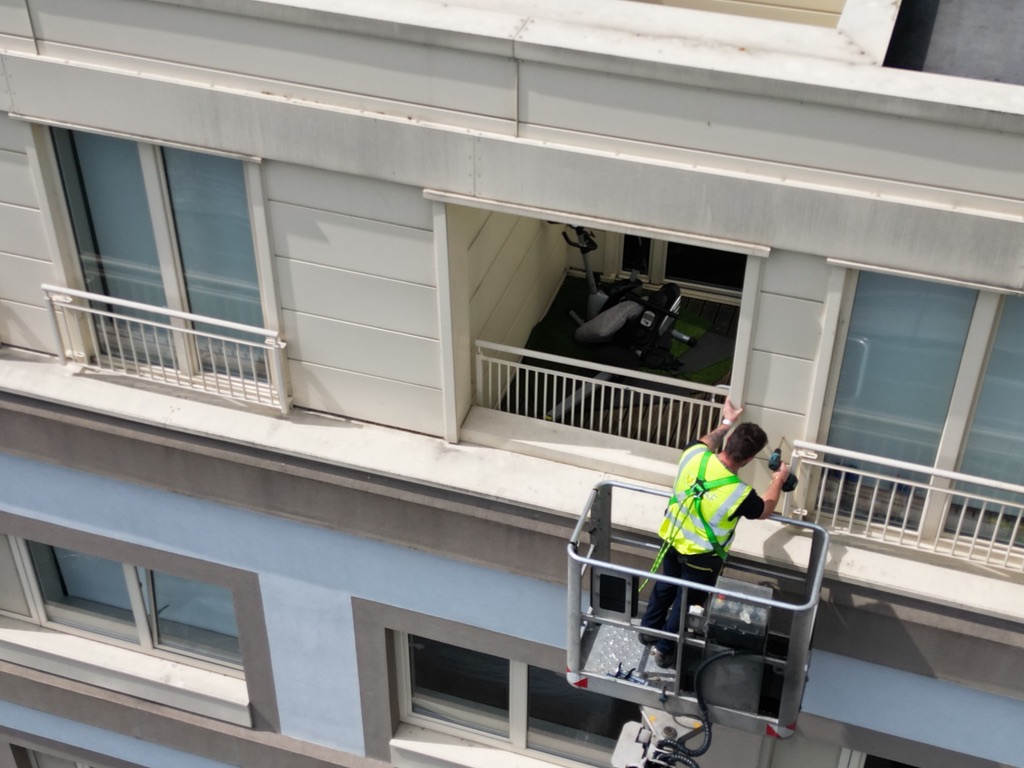
Drones can minimise risks for our team as they provide a safer approach to certain tasks. There are areas that people struggle to reach, or it’s too risky to. Drones can effortlessly access such areas, giving a comprehensive view of a building.
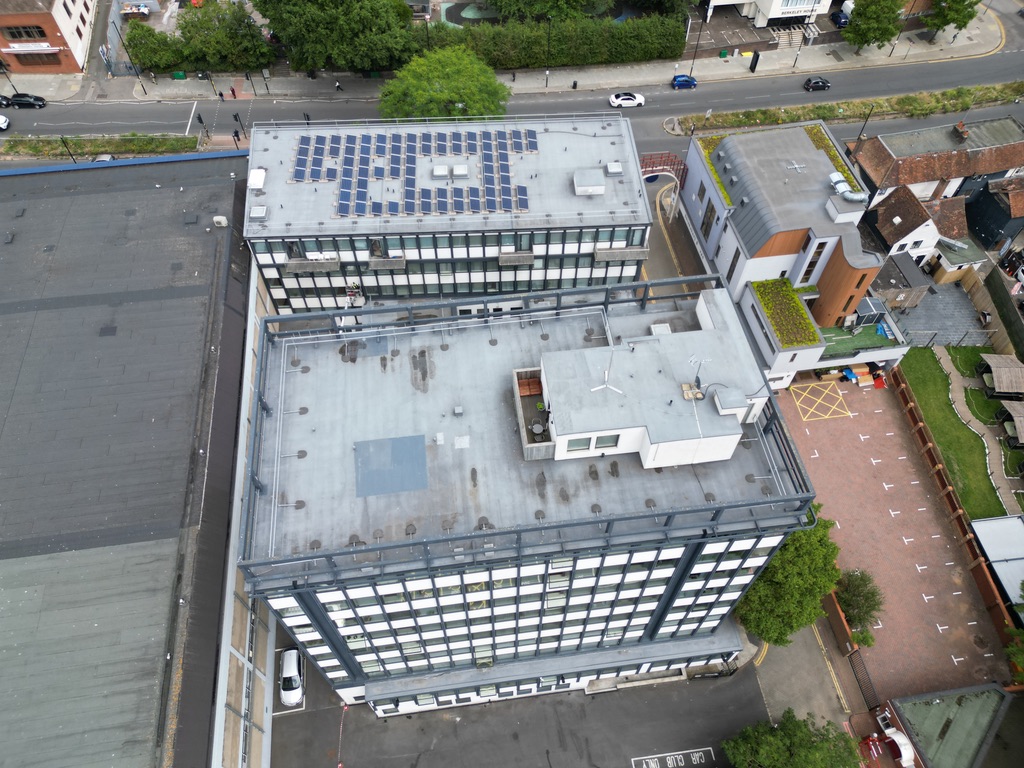
Drones also save money, energy and electricity when operating machinery and vehicles. Fewer manual hours, reduced equipment needs, and quicker inspections all translate to monetary savings.
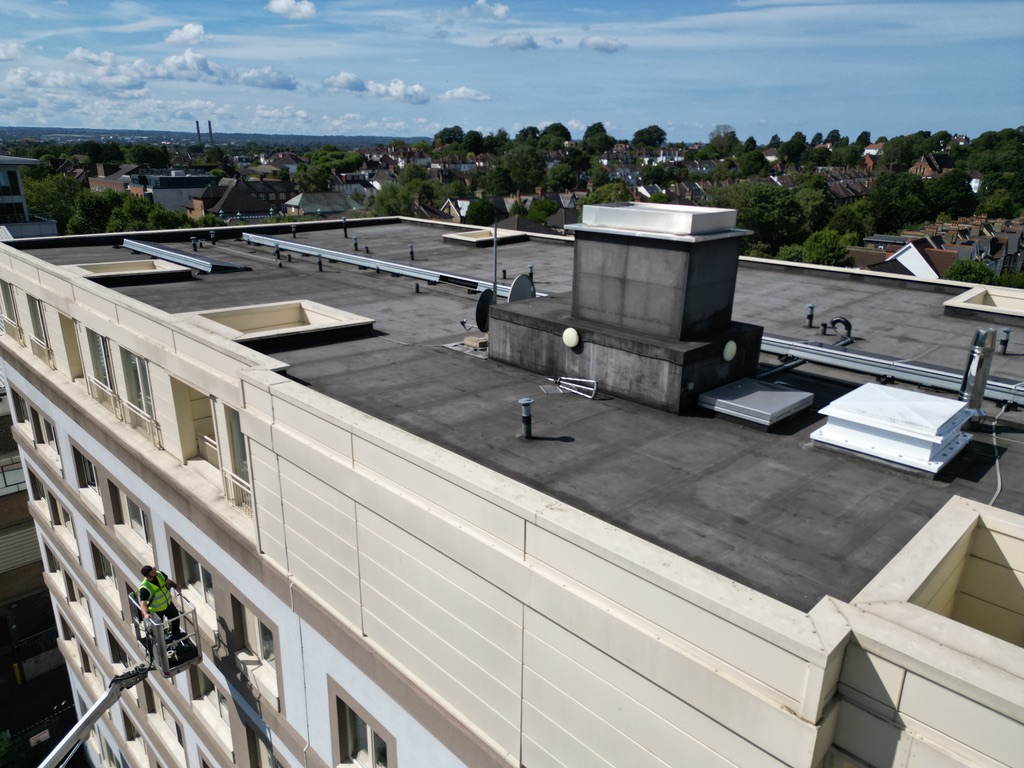
Drones provide real-time data transmission that facilitates quicker and more informed decision-making. Using drones gives the impression of being in several places at once.
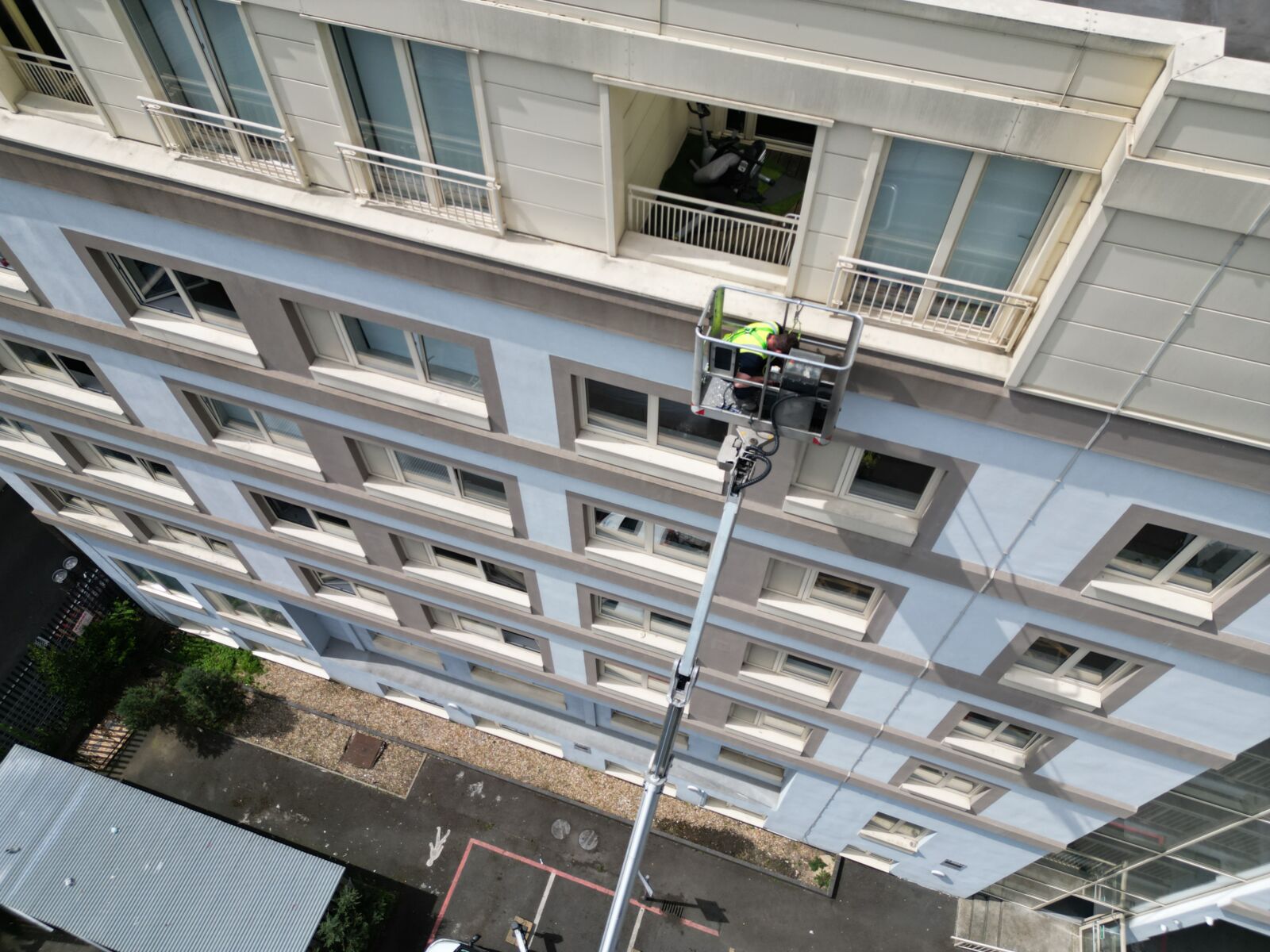
All our technicians hold the correct training certificates for each bit of equipment and MAF are Safe Contractor accredited.
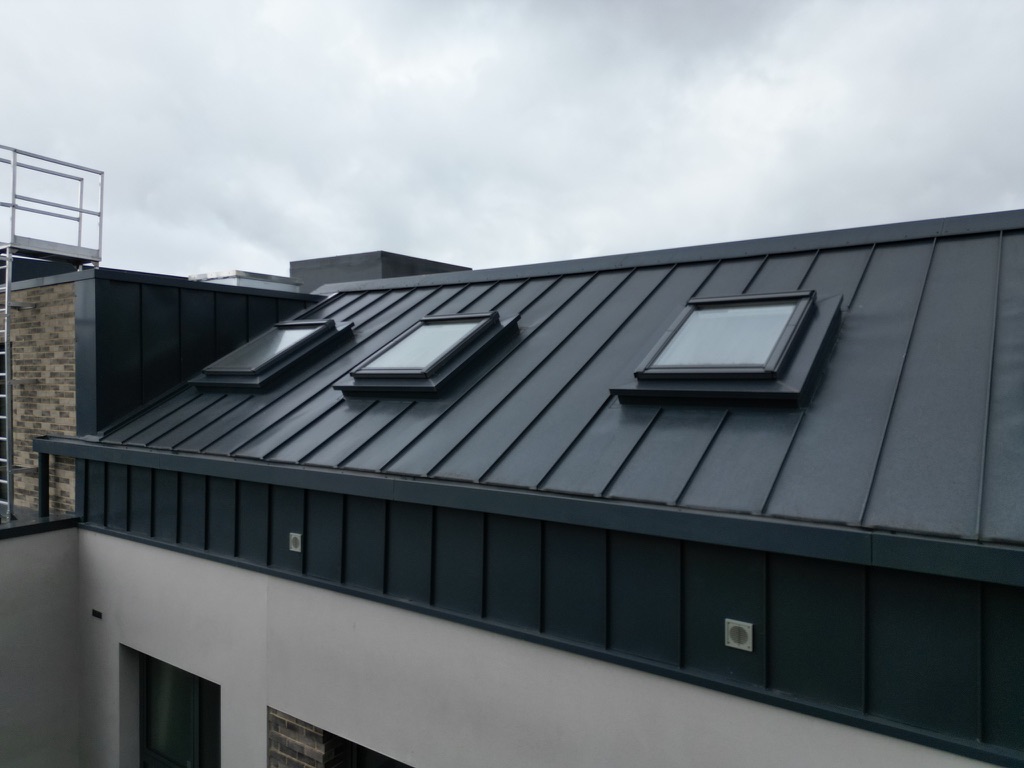
Our drones provide a high-resolution camera and advanced sensor, which provides our team with accurate data for further analysis.
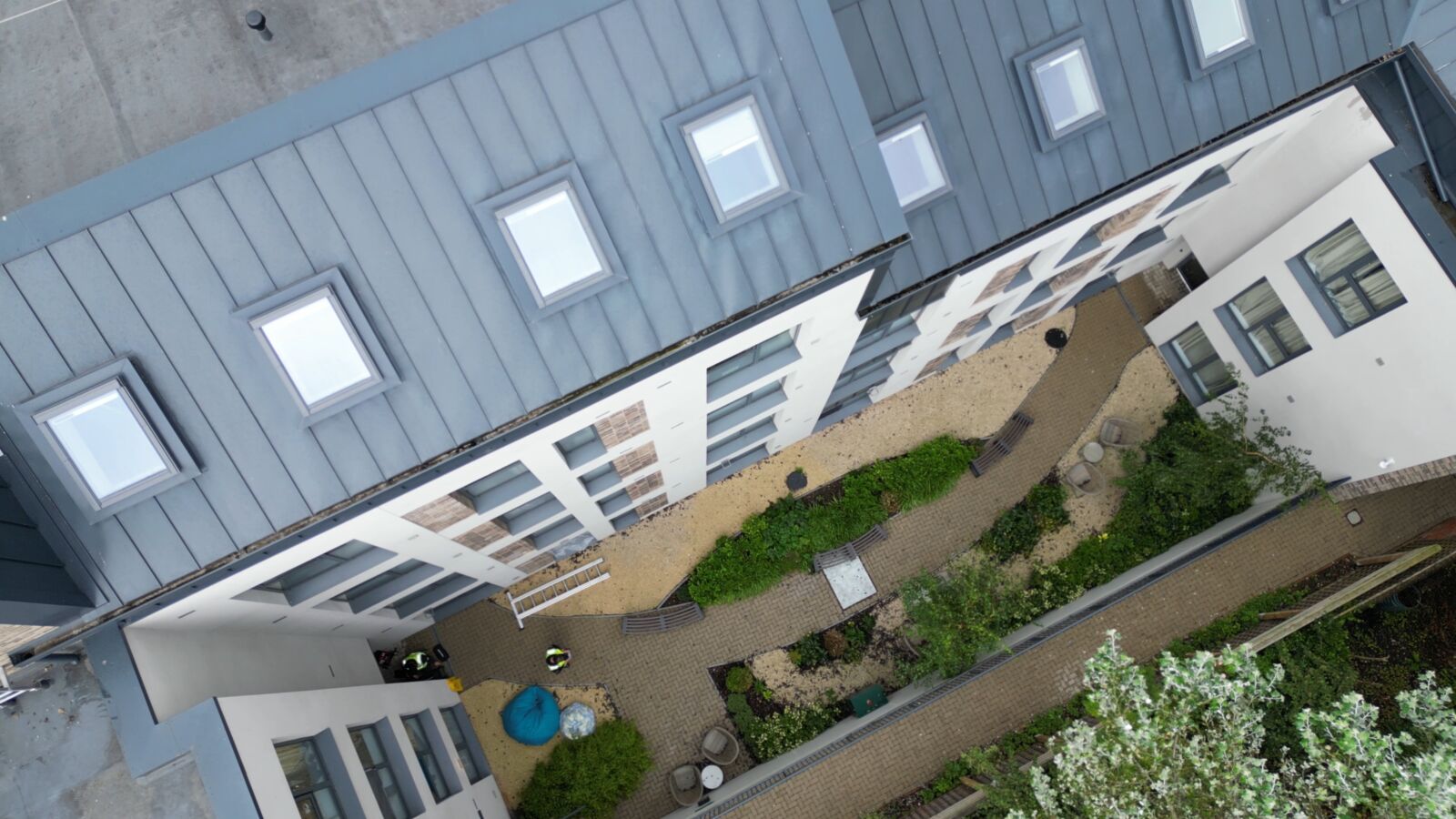
Drones are an excellent tool for our team. As an alternative to traditional methods, drones offer safety, efficiency, and environmental benefits. There is a lot of excitement about the possibilities that lie ahead as technology continues to evolve.
FAQs
- Are drones suitable for all building types?
– Drones are versatile and our team utilise this for work with all sorts of buildings - How do drones handle adverse weather during inspections?
– Although drones are capable of handling light weather variations, extreme conditions may adversely affect their performance. Deploying them in favourable conditions is always a good idea. - How is the data from drones stored and analysed?
– Using specialised software, drone data can be analysed in real-time or after an inspection using cloud platforms or local servers. - Do drones eliminate the need for human inspectors?
– Drones don’t replace human expertise, they complement it. The data is provided by the drones but it is analysed, interpreted, and acted upon by humans. - Is drone inspection more environmentally friendly?
– By reducing the time required for inspections and eliminating heavy machinery, drones reduce carbon footprints.